David Flaugher, Carlos Reyes, Austin White
A Yolk to Blue Ratio
Works
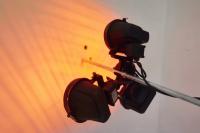
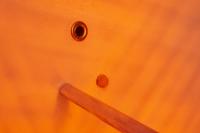
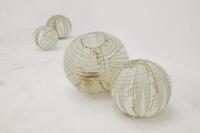
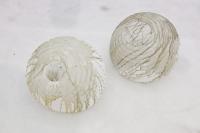
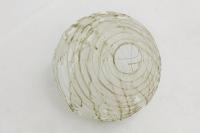






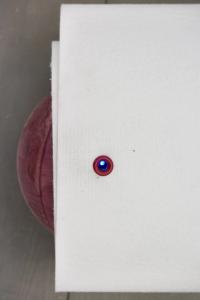

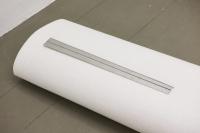

Installation Views
Press Release
We decide to act as the audience.
P.P.P.L. teams up with USDA to produce new egg pasteurization method Posted August 28, 2013; 08:45 a.m. by John Greenwald, Princeton Plasma Physics Laboratory
Researchers at the Princeton Plasma Physics Laboratory (PPPL) and the U.S. Department of Agriculture (USDA) have developed a novel technique and device for rapidly pasteurizing eggs in the shell without damaging the delicate egg white. The process could lead to a sharp reduction in illnesses caused by egg-borne salmonella bacteria, a widespread public health concern.
The new method uses radio frequency (RF) energy to transmit heat through the shell and into the yolk while the egg rotates. Streams of cool water simultaneously fow over the egg to protect the white. Researchers then bathe the egg in hot water to pasteurize the white and fnish pasteurizing the yolk.
The aim is to produce a pasteurized egg that is "hardly discernible from a fresh, nonpasteurized egg," said David Geveke, lead scientist, at the USDA Agricultural Research Service in Wyndmoor, Pa. His laboratory teamed up with PPPL engineer Christopher Brunkhorst, an expert in RF heating, to develop the device.













